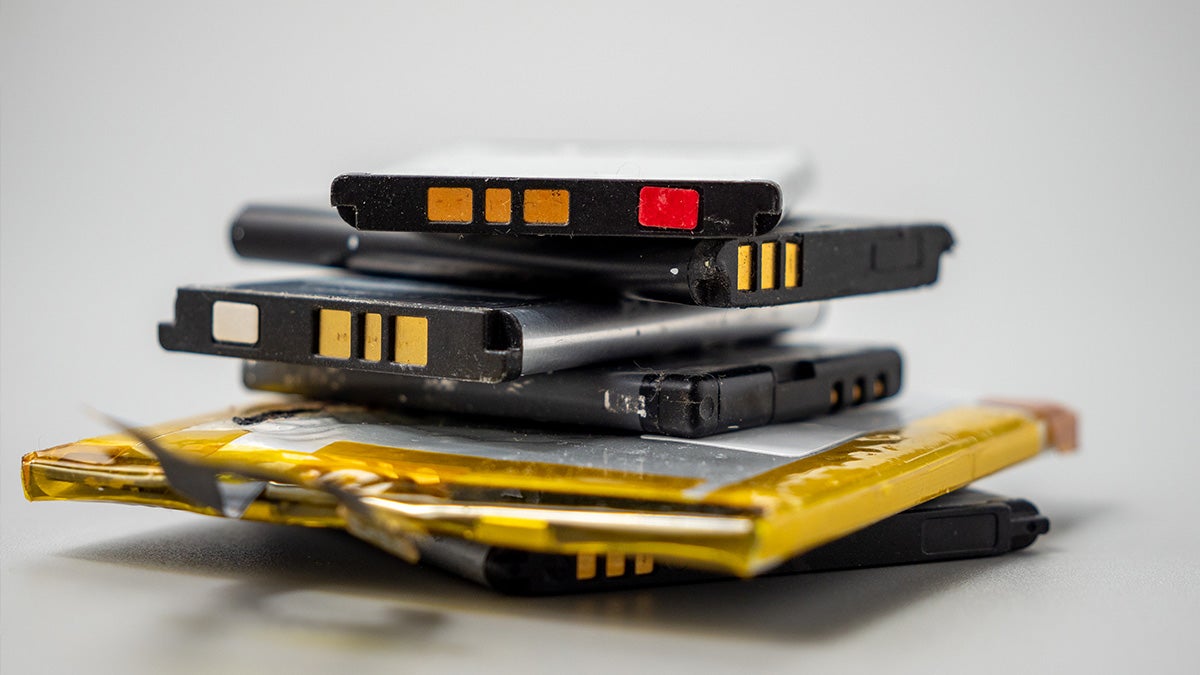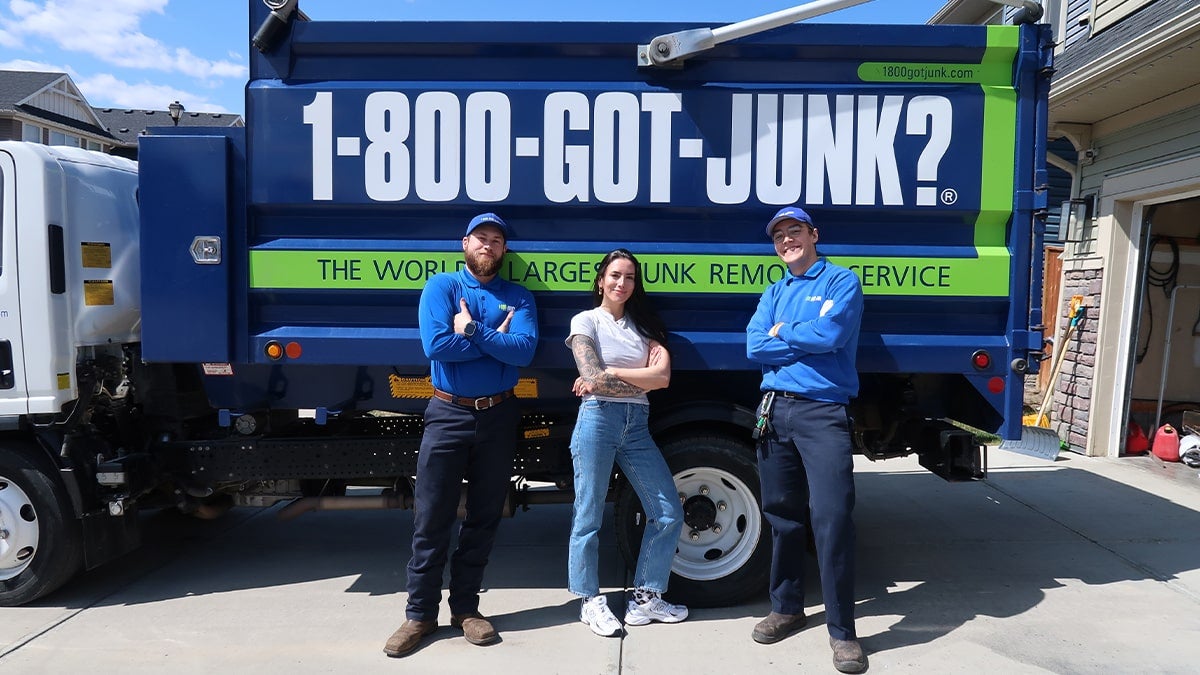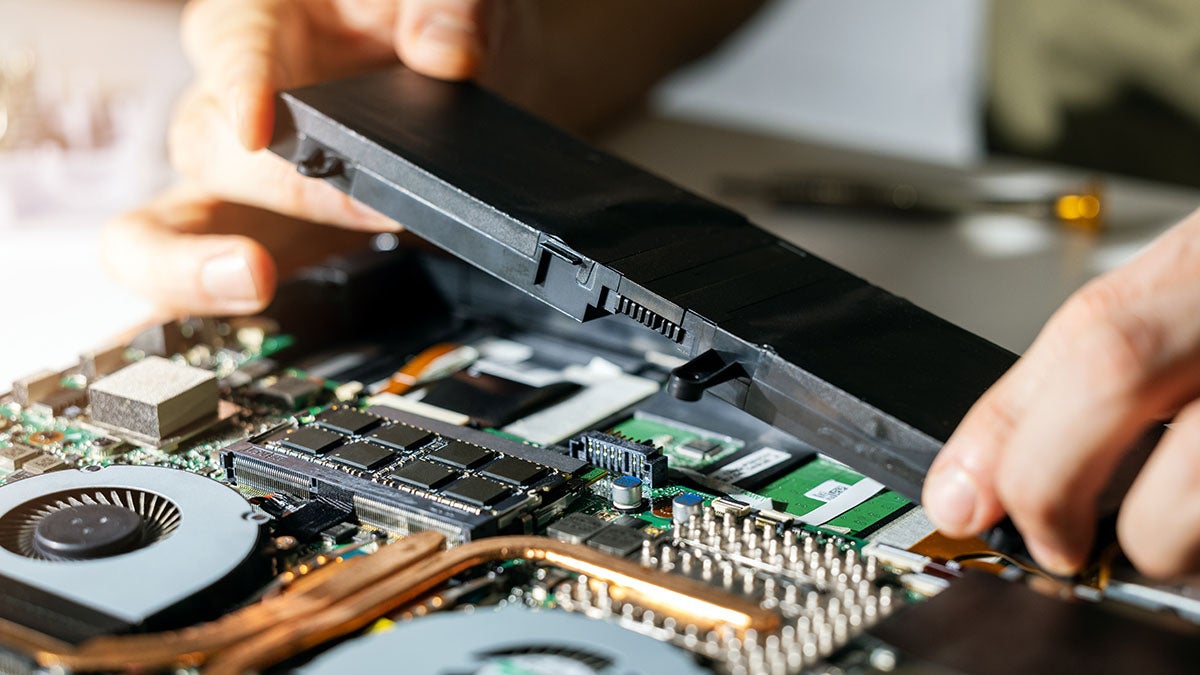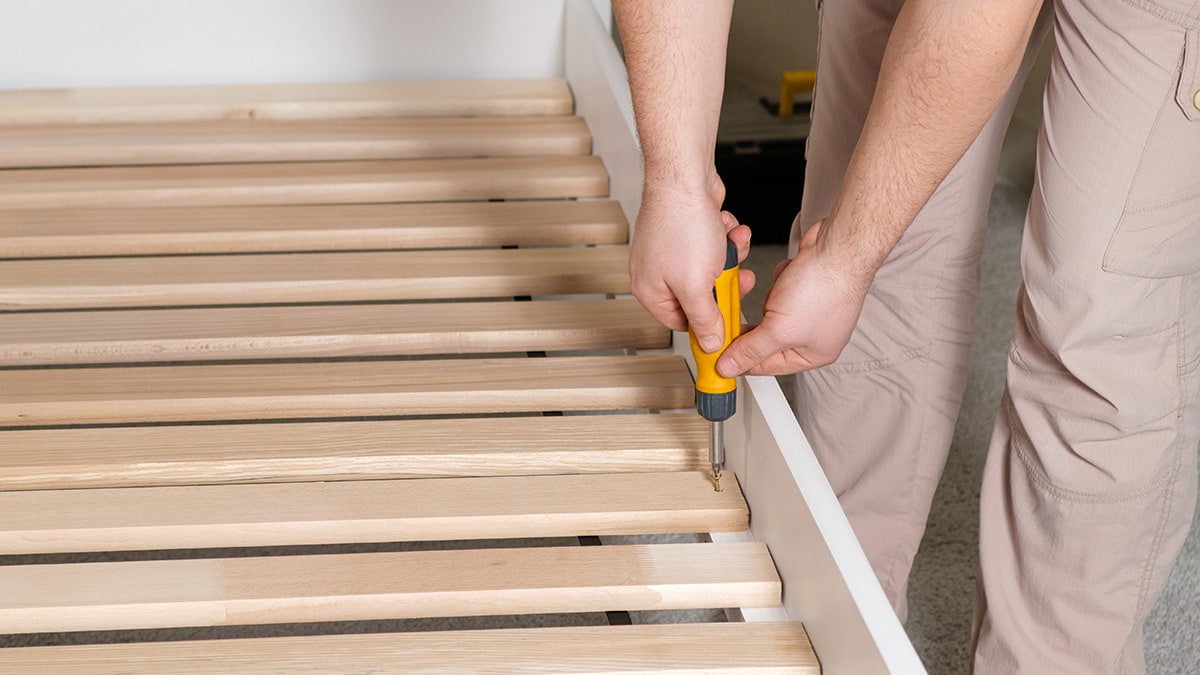Lithium-ion batteries power many of the devices we use daily, from smartphones and laptops to power tools and electric vehicles. However, improper disposal of these batteries can pose significant environmental and safety risks. When thrown in household waste, lithium-ion batteries can leak harmful chemicals, contribute to landfill fires, and release toxic emissions. In fact, improperly discarded batteries are a leading cause of waste facility fires.
Fortunately, lithium batteries are recyclable, and this guide will walk you through the best ways to dispose of them safely and responsibly.
Lithium vs. lithium-ion batteries: Can they be recycled?
Before recycling, it’s essential to distinguish between lithium metal and lithium-ion batteries.
Lithium metal batteries (commonly found in watches, cameras, and some medical devices) are not rechargeable and may have more restrictions when it comes to recycling.
Lithium-ion batteries (used in laptops, smartphones, and power tools) are rechargeable and widely accepted at recycling facilities.
Both types of batteries can be recycled, but the process varies. Some damaged or swollen batteries may require special handling. Additionally, other types of batteries, such as alkaline or lead-acid batteries, have different recycling requirements.
For more details, check out our guide on how to recycle batteries.
Where to recycle lithium batteries?
Proper disposal of lithium batteries is essential for environmental safety. Many national retailers and recycling programs offer convenient drop-off locations for used lithium-ion batteries.
United States
- Call2Recycle – Available at Home Depot, Lowe’s, and Staples.
- Best Buy Recycling – Accepts rechargeable batteries at most store locations.
- Home Depot & Lowe’s – Partners with Call2Recycle for in-store battery recycling.
- Staples – Accepts rechargeable lithium-ion batteries.
- Earth911 – Provides a search tool for local recycling centers.
- Battery Recyclers of America – Offers mail-in recycling kits.
- Local hazardous waste programs – Many cities host collection events for safe disposal.
Canada
- Call2Recycle Canada – Available at Home Depot, Canadian Tire, and Staples.
- Recycle My Electronics – Handles batteries as part of electronic waste.
- Battery Recycling Programs by Province – Programs in BC, Ontario, and Quebec.
- London Drugs & Batteries Expert – Accept rechargeable lithium-ion batteries.
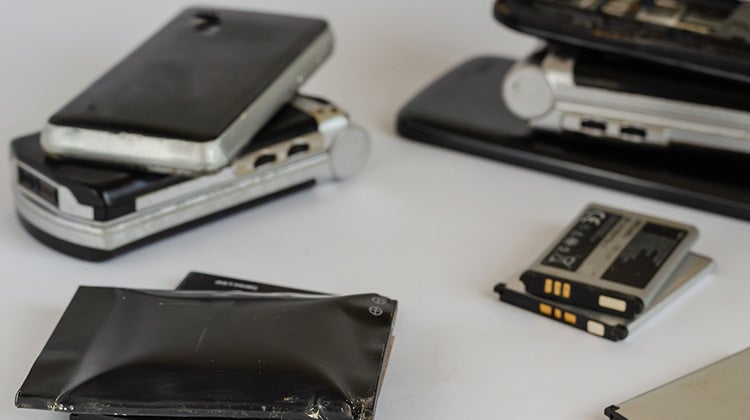
How to prepare lithium batteries for recycling
To ensure safety during transport and recycling:
1. Tay terminals with clear packing tape to prevent short circuits.
2. Place batteries in a plastic bag or non-conductive container.
3. Store them in a cool, dry place until you can drop them off at a designated facility.pe batter
How to dispose of swollen lithium batteries
Swollen or damaged lithium-ion batteries should never be thrown in the trash or placed in standard recycling bins. They pose a high risk of overheating, leaking, or catching fire.
To safely dispose of them:
Contact local hazardous waste collection programs or recycling centers that accept damaged batteries.
Store them in a fireproof container until disposal.
Never attempt to puncture or expose them to heat.
For more details, check our guide on how to dispose of a swollen battery.
How to recycle lithium batteries in bulk
Many retail recycling programs have limits on how many batteries they accept at a time. If you need to dispose of large quantities of lithium-ion batteries, consider using a professional junk removal service like 1-800-GOT-JUNK?.
We make lithium battery disposal simple:
Our team handles the pickup, transportation, and proper recycling.
We ensure compliance with local disposal regulations.
We serve customers across the United States, Canada, and Australia.
Learn more about junk removal services and pricing options.

